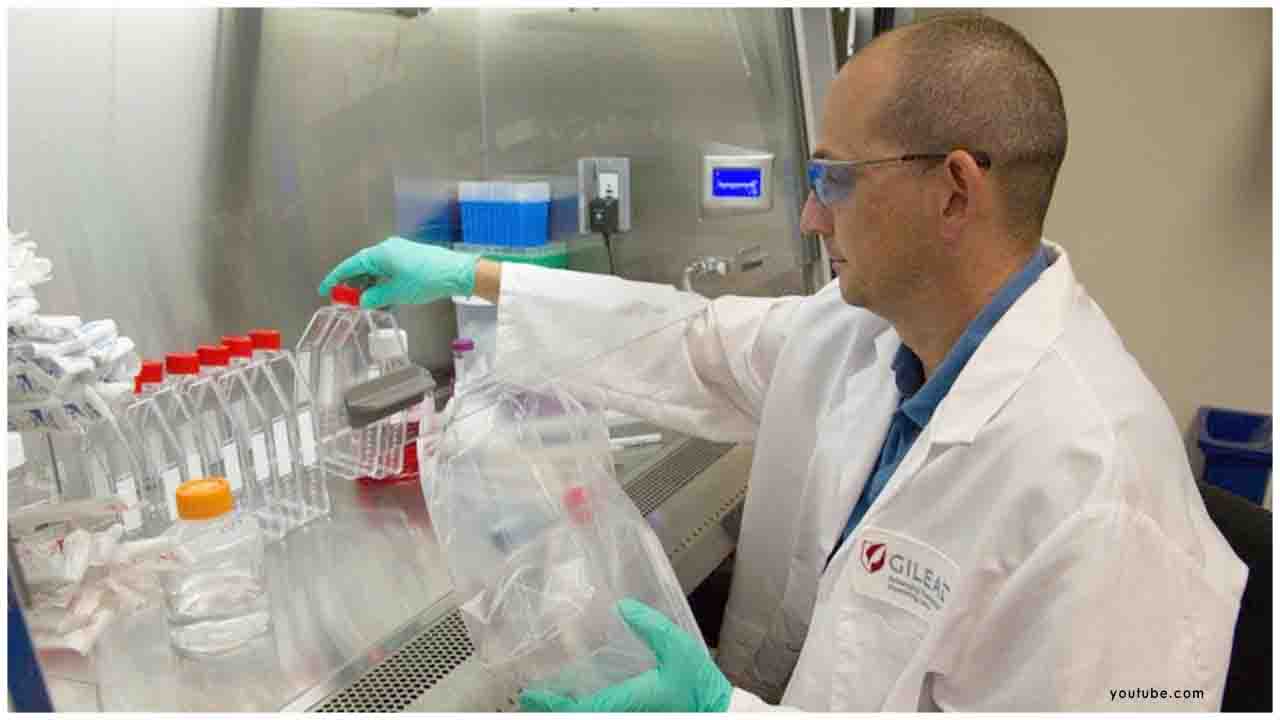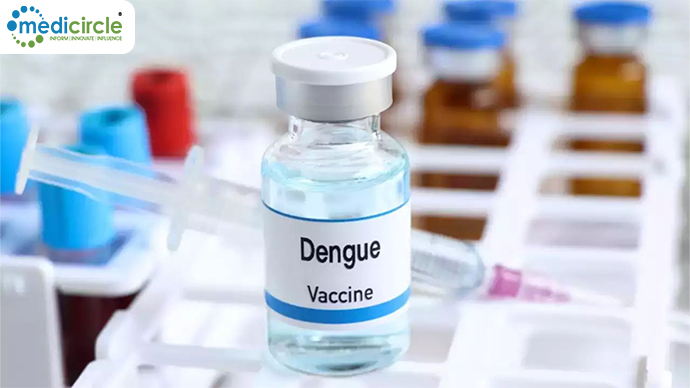Propanc Biopharma, Inc., a biopharmaceutical company developing novel cancer treatments for patients suffering from recurring and metastatic cancer, announced today that the Proenzymes Optimization Project 1 (“POP1”) joint research and drug discovery program advanced towards producing commercial-scale quantities of the two proenzymes trypsinogen and chymotrypsinogen. The Company’s product candidate is targeting the global metastatic cancer treatment market, projected to be worth US$111.2 Billion by 2027, according to a current analysis by Emergen Research.
The program’s lead research scientist, Mr Aitor González, synthesized and purified both proenzymes in the laboratory. Once purified, the proenzymes were lyophilized (freeze-dried) and each formed a stable, dry white powder. Mr González then determined the sequence of proteins of each proenzyme by mass spectrometry. He recently started to produce larger quantities of the proenzymes with the objective of establishing their combined anti-cancer effects against pancreatic and colorectal cancers. In addition, research activities were transferred to the MEDINA Foundation Research Center to scale up production. MEDINA is a Non-Profit Research Organization established in 2008 through a public-private alliance between the Regional Government of Andalusia, Spain, the pharmaceutical company Merck Sharp & Dohme de España S.A. (MSD), and the University of Granada. Medina’s scientific platforms support the development of multidisciplinary research programs in Microbiology, Natural Product Chemistry and Screening & Target Validation. F
The POP1 program is designed to produce a backup clinical compound to the lead product candidate, PRP. The objective is to produce large quantities of trypsinogen and chymotrypsinogen for commercial use that exhibits minimal variation between lots and without sourcing the proenzymes from animals. Propanc is undertaking the challenging research project in collaboration with the Universities of Jaén and Granada, led by research scientist Mr Aitor González, supported by Dr Macarena Perán, PhD, representing the Universities and Propanc’s Chief Scientific Officer, Dr Julian Kenyon, M.D.
Mr James Nathanielsz, Propanc’s Chief Executive Officer said, “By expanding our product pipeline, our vision is to establish a new product class that provides a solution for the treatment and prevention of many recurring and spreading malignant tumours, perceived as untreatable, with less toxicity compared to standard treatments and no immune suppression. This is critical for patients who are at risk of dying from secondary infection, especially in the context of a global pandemic. Through our PRP development and POP1 drug discovery programs, we are making positive steps towards achieving our vision.”
“Despite a challenging year due to the global pandemic, we made significant advancements in producing synthetic recombinant versions of trypsinogen and chymotrypsinogen,” said Dr Julian Kenyon. “These two active pharmaceutical ingredients combine to form our lead product candidate, PRP, which are currently of animal origin. Our objective is to further stabilize and enhance the combined effects of the two proenzymes when administered to patients.”

 The drugs discovery program is for servicing the US$111.2B global Metastatic Cancer market
The drugs discovery program is for servicing the US$111.2B global Metastatic Cancer market









.png)
.png)
.jpg)








.jpeg)

.jpeg)










.jpg)




.jpg)

